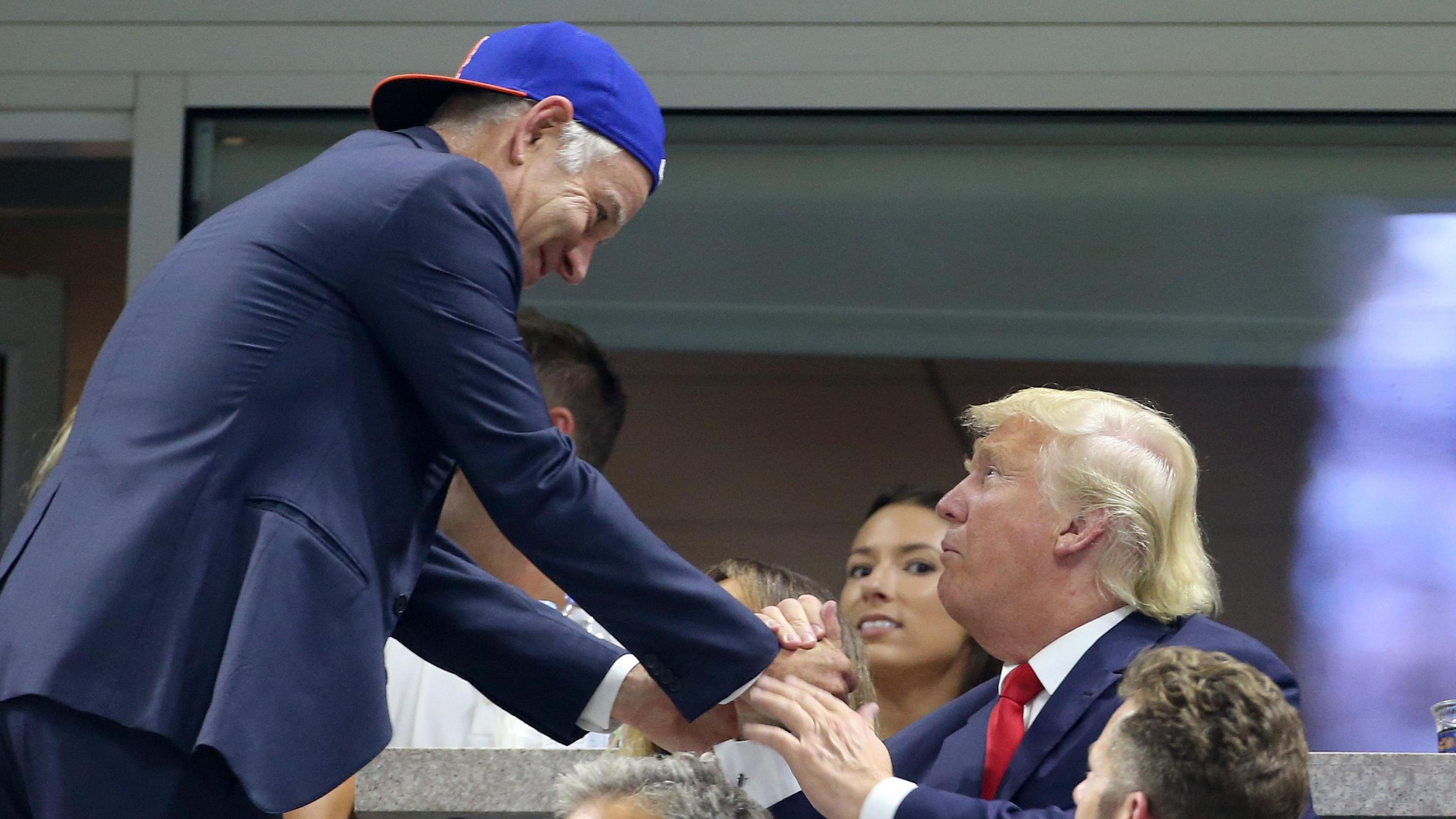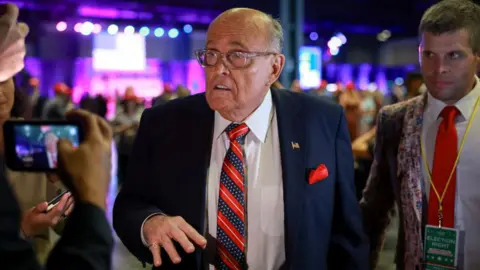In a noteworthy development for artists' rights in the age of artificial intelligence, a federal judge in New York has ruled that a lawsuit filed by two voice-over artists, Paul Skye Lehrman and Linnea Sage, can progress. The artists allege that their voices have been unlawfully replicated by an AI voice company named Lovo Inc. While the judge dismissed the artists' claims under federal copyright law, the allegations related to breach of contract and deceptive business practices will move ahead, along with claims concerning the unauthorized use of their voices in AI training data.
Lovo Inc., which is based in California, sought to have the entire case dismissed. However, they have yet to provide a comment to the press regarding the lawsuit. The ruling comes against a backdrop of increasing legal challenges facing AI companies, particularly from artists who assert that their work is being exploited without consent in the training of AI systems.
The couple filed the class action lawsuit in 2024 after discovering clones of their voices were commercially available through Lovo's text-to-speech platform, Genny. They alleged that they had been approached for voice-over work by individuals purportedly linked to Lovo through the freelance platform Fiverr, with assurances that their contributions would only be used internally.
The pair's discovery of their digital doubles occurred serendipitously while they were in their vehicle, listening to a podcast which featured AI-generated speech that sounded strikingly like Lehrman’s own voice. This revelation, referring to the impact of AI on entertainment jobs, prompted a strong reaction from the couple.
Subsequently, they found that their voices were being used in various paid services, with Sage’s clone appearing in a fundraising video and Lehrman’s in a promotional advertisement on YouTube. Notably, these replicas were removed by Lovo after neither garnered significant popularity on the platform.
The case is now positioned to proceed in the US District Court in Manhattan, potentially setting a significant precedent in the struggle for intellectual property protection in the evolving landscape of AI technology.




















